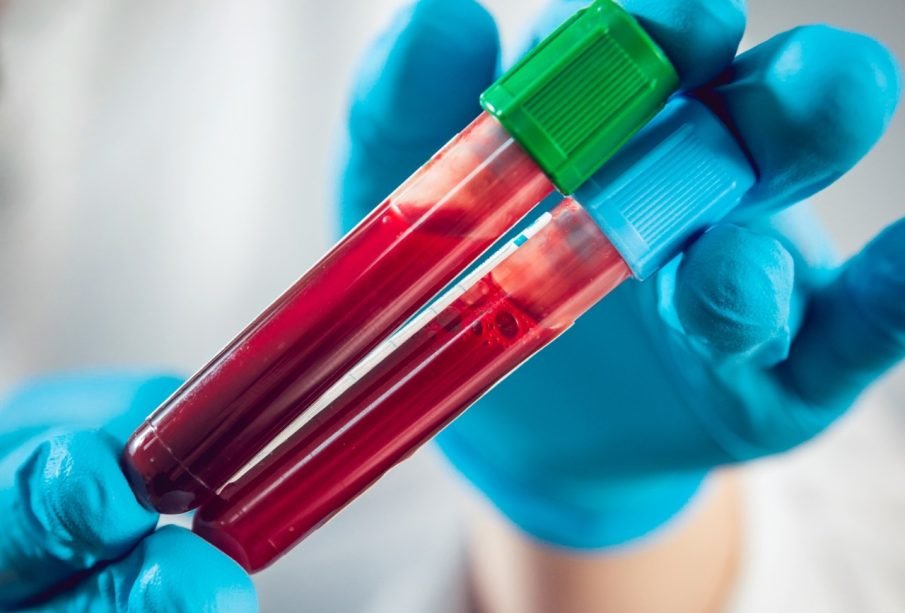Researchers using new tech to examine blood proteins in Covid patients

London, Dec 22
A team of researchers are combining new technologies to discover unique patterns of blood plasma proteins in critically ill patients that may help develop a more personalised approach to treating severe Covid-19, a new study has shown.
According to the study published in the Journal of Cellular and Molecular Medicine, the proteins being studied, called the "plasma proteome", are released by cells that often play a key role in the body's immune response to viruses.
To conduct the study, blood samples were taken from 30 subjects in three patient groups at London Health Sciences Centre (LHSC).
One group had patients with Covid-19, another group had patients with severe infection but were negative for Covid-19, and the third was a healthy control group.
"We collected plasma from these patients and measured well over a thousand proteins with great accuracy using new technology that combines immunology and genomics," said Dr Douglas Fraser, Lawson Scientist, Critical Care Physician at Children's Hospital at LHSC.
"With the use of this advanced technology, we were able to better analyse the protein patterns and better understand what is happening with Covid-19, especially in critically ill patients," he added.
The researchers discovered that Covid-19 patients had changes in immunosuppression pathways, which normally keep the immune system in balance, the study revealed.
The changes were heightened in critically ill patients.
The plasma proteome analysis assisted researchers in determining which cells in the body are active during the disease state and which signalling pathways were activated.
"In-depth analysis of the human plasma proteome helps us capture tissue proteins that can provide us with information regarding organ integrity during infection," said Cristiana Iosef, Lawson Research Associate.
"This is important because it will allow us to search for new blood biomarkers that are specific for Covid-19 patients," she added.
Moreover, Dr Fraser commented that the team can now examine potential new drug therapies with the hopes of improving outcomes for these patients.
--IANS







